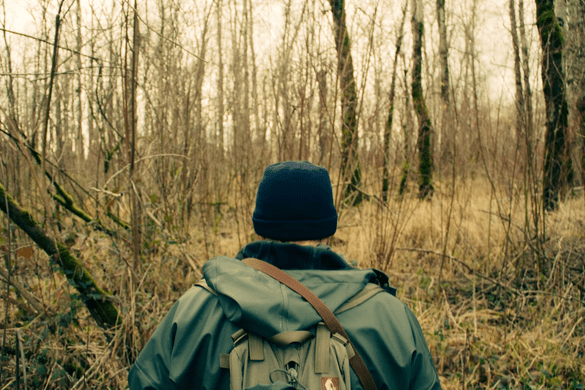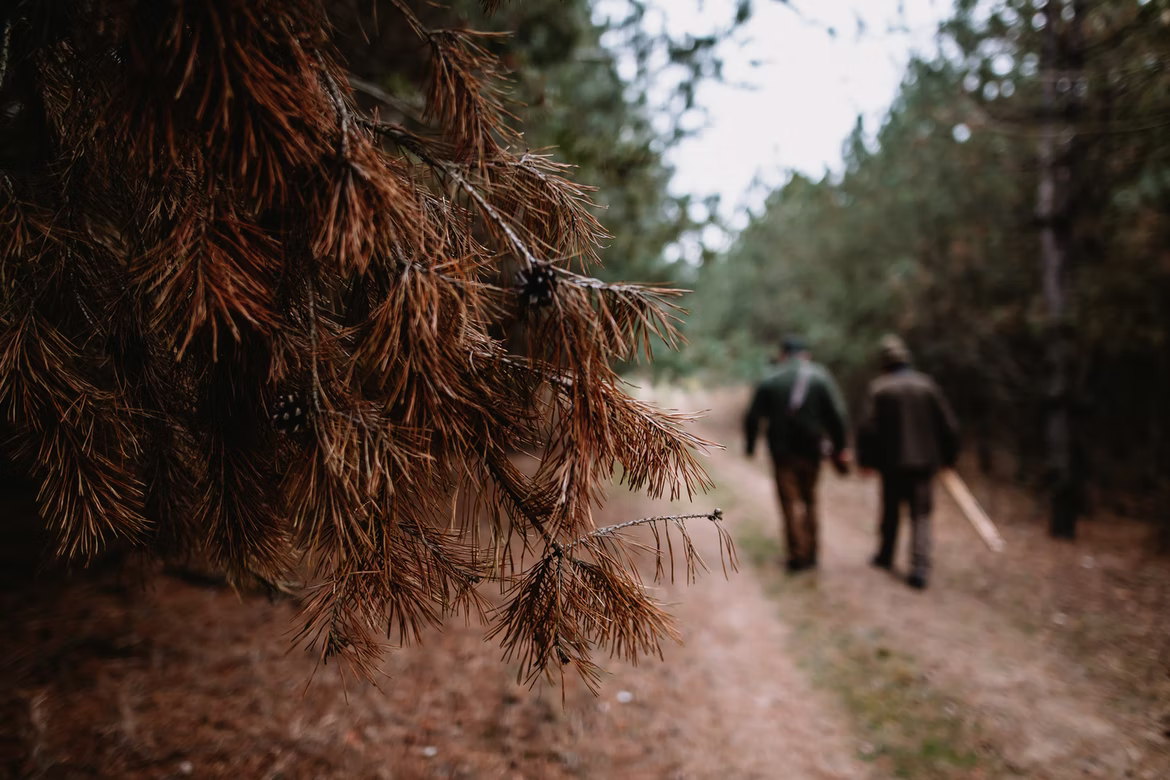How to Stay Safe During Hunting Season
How to Stay Safe During Hunting Season
Hunting is a great sport that brings us together. But like all sports, there’s a risk of injury involved.
It’s important to know how to stay safe during hunting season. Almost every hunter will experience a small cut or a scratch, but serious hunting injuries could be life-changing.
The most common injuries in hunting include broken bones, gunshot wounds, falls, animal-related injuries, and falls.
To make sure you stay safe during hunting season, we’re going to go over 6 hunting safety tips.
1. Take Care of Yourself
When we say this, we mean it. Many hunters push themselves past their limits. Hunting can get very tiring, from navigating tough terrain to climbing and creeping around. If you’re at risk for a heart attack or an asthma attack, then hunting without taking breaks could push you over the edge.
If you have any allergies or health conditions, make sure to bring some medicine just in case. Take enough food and water for a full day, along with regular breaks.

Phones can be a great asset during hunting. Don’t be shy to bring your phone with you. It won’t take away from your pure experience with nature.
Along with your phone, make sure to carry a first-aid kit, a flashlight, a whistle, a horn, a compass, and a radio. You never know what might happen out there in the field. Being ready to call for help can save your life.
Before you go hunting, make sure you’re wearing a bright orange accessory somewhere. A lot of hunters don’t like wearing an orange blaze or think they’re too skilled for one, but other hunters might not see you and pull the trigger.
You also want to be wearing protective gear for your eyes and ears. Gunshots are extremely loud and can cause permanent hearing damage. Dirt and debris also have a high chance of getting into your eyes. Hunting goggles could save you from permanent eye damage.
Obviously, no drinking or smoking before hunting, either.
2. Hunt With a Group
Hunting with a group could make the experience safer for everyone. It’s also a great bonding experience.
If you’re hunting with a group, you should have designated meet-up times and keep track of each other’s location. Communication is key.
A very dangerous situation that many hunters find themselves in is getting lost in the field.

When you’re hunting with a group, try not to split up too much. This ensures everyone’s safety.
If someone lands a shot on some game, then it’s important to properly field dress the animal while others keep a lookout. Other animals might smell the scent of dead game and try to snag some of it for themselves.
3. Watch New Hunters
Getting into hunting can be very exciting. It’s key to monitor new hunters to make sure they’re doing everything correctly and responsibly.
Many hunters could get overexcited and do something they might regret. The same goes for dogs. You’re going to want to put an orange bandana on your pet’s collar and keep them on a leash.
New hunters should be prepared and certified for hunting in their state. If someone in your group isn’t legally allowed to hunt, then don’t bring them along with you. It could be a serious legal and safety issue.
4. Practice Weapon Safety
Whether it’s a gun or a bow and arrow, you want to be safe. Weapon safety is essential to the sport of hunting.
Before every trip, make sure to check all your weaponry. Ensure none of it is damaged, jammed, or extremely dirty. Let’s go over some other weapon safety tips:
- Never take a shot unless you know what’s in front of your target, behind it, and around it.
- Never put your finger on the trigger unless you plan on shooting.
- Never point the muzzle at something you wouldn’t mind shooting.
- Never climb a tree with a loaded weapon
5. Practice Tree Stand Safety
Falling is a very common cause of injury while hunting. Hunters often aren’t aware of all the safety precautions they should take when climbing and waiting in a tree.
When using a tree stand, make sure to properly secure it to a strong and sturdy resting place. Always try to do this with someone else if possible. If you have to do it alone and it’s been a while, then don’t be afraid to practice putting it in a lower position.
Only use stands that are approved by the Treestand Manufacturers Association (TMA) for your weight and height. Wear a harness if possible. You’re never going to want to bring up loaded weaponry with you. Instead, put it on a haul line and bring it up like that.
Tree stands could be very dangerous, so double-check everything before you head up.
6. Plan for the Day
Planning is very important. You’re going to want to check all local weather conditions before heading out. It’s also important to know exactly where your field starts, ends, and what’s inside of it. You wouldn’t want to accidentally shoot something off-limits.
Next Steps
Now that you know how to stay safe during hunting, you can go out and have a fun adventure.

